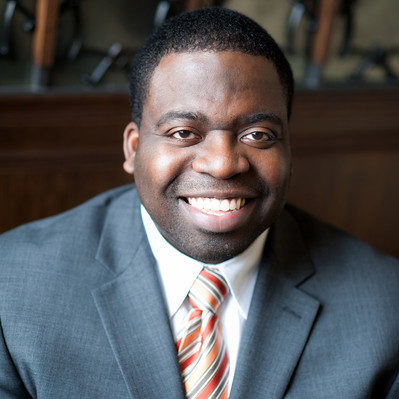Joe Sheehan at BaseballProspectus.com wrote an article I am glad to see. He defends MLB Players Association head Donald Fehr as he retires.
… Fehr became a reviled figure, first for not caving in to MLB’s demands in 1994 and leading the players into a strike that lasted through the World Series, then for defending the principle of privacy, the right to refuse unwarranted searches, and the sanctity of collective bargaining, all as the public, management, and a grandstanding Congressional committee looked to trample all three.
Specifically he compares it to the legacy of recently deceased NFLPA head Gene Upshaw and comes to the conclusion that Fehr was the better union head. I completely agree. Their job was to protect the needs and interests of the players. Fehr was unpopular because he did just that.
As we find out about every MLB’s test-case Performance Enhancing Drug (PED) test results from 2003, which were supposed to be confidential, you see the main issue with accepting drug testing plans and disciplinary schemes whole cloth from leagues.
The NFL encourages players to disclose any drug usage before they enter the league, after all its confidential. Only, it isn’t. During his pre-draft, combine interview, Calvin Johnson mentioned he dabbled in marijuana usage while at Ga Tech. Even though he passed the league administered drug test and had no trouble with academics or discipline during his collegiate career. Somehow, this information was leaked. No one was punished.
PED’s and weed aren’t the only times leagues haven’t lived up to their end of the bargain. Now that Donte Stallworth has plead guilty to manslaughter for killing a man while drunk driving in Florida, many people correctly note that NFL has a program for an athlete who has had to much to drink when he is out of the town. As ESPN’s Jeffri Chadiha notes:
The league has a program in place that allows players to a call a car service in any major city that will pick them up if they’ve been drinking. It’s a great idea, except for the fact that some players don’t trust it. They believe too many phone calls to that service will lead to more hassles from franchises when contract negotiations begin.
Basically, when contract negotiations come around usage of the NFL car service is potentially a detriment to a players bargaining position. Is the purpose of the car service to keep players and their communities safe or to provide insider info to teams looking to keep labor costs down?
The new NFLPA head DeMaurice Smith should look to the next CBA to develop penalties for the league and franchises for privacy violations and to modify the courtesy car service to one executed by the Union and funded by the NFL. That way, the NFL could know the frequency of use whereas the Union could protect the identities of those who regularly use the service. It would be better than the current system which puts a player under threat of penalty for responsibility. If indeed the usage of the service has never been divulged, than DeMaurice Smith needs to do a better job than Upshaw of educating his players on the reality of the situation.
Now, am I for PED usage? No. But I am also for protecting individuals privacy and for them not being automatically subject to lopsided labor agreements which force them to implicitly forgo some of their rights to privacy. Fehr understood that, Upshaw didn’t.
